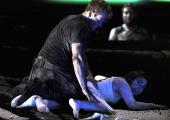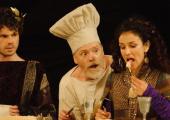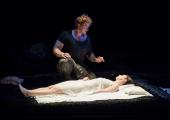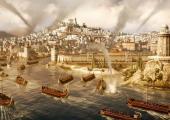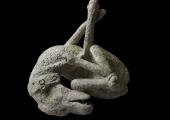Building the Ancient City: Athens, BBC Two

Cogent narrative of the pioneering achievements of ancient Athens
Heaven, or a lot of pagan gods at least, may know what was in the air 2500 years ago. Bettany Hughes has just finished her trilogy of philosophers from that millennium, and now we have Professor Andrew Wallace-Hadrill taking us genially around Athens, founded – you guessed – 2500 years ago and providing the template for cities ever since.

